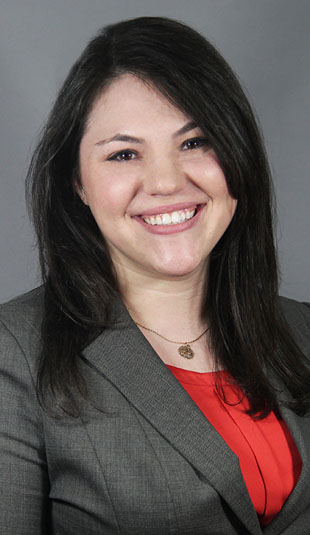
“I just printed my Power of Attorney from the internet.” “I went to the county and picked up a statutory deed form.” “I wrote my own will.” “Now that we have Google, we don’t need an estate planning lawyer. We can do everything on our own.”
With the rise of the internet, information is at your fingertips. Without having to change out of your pajamas, you can find samples of just about any legal document. There are Powers of Attorney on the website of your favorite TV financial advisor, and entire websites designed to provide personalized online legal solutions and documents. While we love educated clients and understand that cost is of concern, it is important to consult with a professional about what legal documents are right for you.
Often, the Power of Attorney forms you find online are not “durable”, meaning they are ineffective once the signer is deemed incompetent. This is not what most clients need when preparing their estate plan. Even if you are sure that you are using a durable power of attorney, it is important to know that not all Powers of Attorney are created equal- only the powers specifically listed in the document are granted. The document you are signing might not be sufficient for your loved ones to be able to protect you and your assets in the event of incapacitation.
The most common issues we see with online forms relate to deeds. There are very specific requirements for deeds in every state, and words like “tenants in common” and “joint tenants with full rights of survivorship” have great effects on how property is transferred to your loved ones. By signing that quit claim deed, you may think you are saving your family time and money, but do you really understand the consequences of what you are signing?
We love the internet just as much as you do. We just want to make sure that it is helping our clients, and not luring them into a false sense of security. Call for an appointment—we are happy to explain the nuances of deeds, wills, powers of attorney, or any other estate planning question you have.
Kate Ringler
